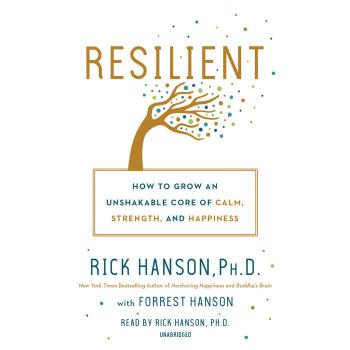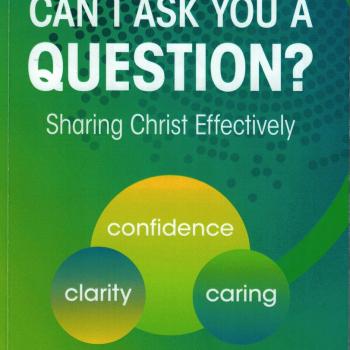
We Will Be Landing Shortly: Now What? by Mike Hamel
We Will Be Landing Shortly: Now What? by Mike Hamel is a set of spiritual musings from a man who recently lost his wife to cancer. As Hamel reflects through his personal experience with theodicy (the theology of suffering), he shares insights which he has gained through the journey. The insights contain more questions than answers, more doubts than certainties, and more skepticism than optimism.
As a Catholic-turned-Evangelical-turned-Postmodernist, he shares his personal difficulties and struggles with positions that traditional Catholic and Evangelical hold. He discusses many ideas that challenge our understanding of faith like proof of the soul (100), near death experiences (NDEs) (103), death (110), heaven (116), and hell (120).
Hamel builds his understanding from a spiritual spectrum of sources. From Mark Twain to Rob Bell, St. Thomas Aquinas to Marcus Borg, C.S. Lewis to Dinesh D’Souza.
It seems to me that Hamel’s journey has taken him farther away from the traditional understanding of church. His own experiences with church planting and church leadership experiences that were shared in the earlier parts of the book led to his shift in theology and his dissociation with traditional church structures.
I personally wonder if his experience with people and his own expectations as a church leader discouraged him in his faith in such a way that he decided to take a different path. Combine that with the grieving process that people would encounter in the death of a spouse, and it is no wonder that he calls himself a Christian agnostic (2).
While I don’t agree with every piece of theological analysis, I will say that Hamel challenged me on several points. He struggled with Job’s situation from personal experience and came to an honest theological conclusion (28). His struggle with death, suffering and the goodness of God leads Hamel to a universalist conclusion. Hamel believes God could judge people but that it would be against God’s nature torture people in hell (130). He agrees with
Karl Barth who is quoted as saying: “I do not preach universal salvation; what I say is that I cannot exclude the possibility that God would save all men at the Judgment.”
His analysis of the different ways Christian traditions view R.E.S.T. (Reason, Experience, Scripture, Tradition) as their authority was spot-on (149). He raises questions that will stump Christians about the (seemingly contradictory) nature of God in both the Old and New Testaments (152-153). He also challenges the logic of answered prayer (203). As a classic postmodernist, Hamel raises questions that he himself cannot or will not answer. Pastors like myself need to be comfortable with postmodern spiritual seekers and postmodern Christian doubters who use this approach. They don’t need us to have the answers as much as we are willing to engage with them in the questioning process (150-151). Postmodernists don’t want to be spoon-fed answers by spiritual parents. They want to enjoy the meal together.
I agree with Hamel’s four “anchor stars” – the four foundations he would claim as the Christian faith: Intelligent Creator, Uniqueness of Jesus, Immortal Souls, and Supremacy of Love (162). Overall, I found this book to be stimulating and theologically challenging. I don’t agree with everything brought out in this book. Yet, I did sense myself wishing at times for similar answers. However, I enjoyed walking the spiritual journey with him. I think many people who have doubts about the hard parts of the Christian faith will enjoy this book.
Disclosure of Material Connection: I received this book free from the author and/or publisher through the Speakeasy blogging book review network. I was not required to write a positive review. The opinions I have expressed are my own. I am disclosing this in accordance with the Federal Trade Commission’s 16 CFR,Part 255.
















